
views
Hitting out at Congress leaders’ announcement that the party would undo the BJP government’s reservation decisions in the event of it coming to power, Karnataka Chief Minister Basavaraj Bommai on Monday accused it of inciting and trying to create disturbance between the communities.
The BJP government in the state last week decided to move Muslims out of the OBC list and put them under the 10 per cent EWS quota. The 4 per cent reservation that Muslims had (under OBC list) will be distributed among Vokkaligas and Lingayats equally. Read about the political significance of this ahead of assembly polls
Home Minister Amit Shah had defended the decision, asserting that there was no provision in the Constitution for affirmative action on the basis of religion. “The reservation for minorities is not Constitutionally valid. There is no provision in the Constitution to give reservation based on religion. The Congress government did it for its appeasement politics and gave reservation to the minorities,” he added.
Amid the developments, let’s take a look at the status of reservation for Muslims in India:
Reservation Before 1947
Although India had various forms of reservation systems prior to the British Raj, they were widely dispersed in many of the princely kingdoms, and the types of reservations offered differed substantially across the nation, as per a report by Siasat Daily. More general and formal reservation systems were put in place as early as 1909, with the British Raj adopting reservation features in the Government of India Act of 1909. The 1909 reservations were inherently political (reservations in political seats) rather than economic (reservations in employment for state services).
Economic reservations came a long time before political reservations. It’s interesting learning what the word “backward caste” meant during the British Raj. “Everyone except Brahmins and other forward castes” were classed as “backward castes.” There was no distinction between the lower classes, nor was there any religious separation, the report explains.
The next major amendment to the reservation system came from the Round Table Conference in June 1932, when British Prime Minister Ramsay MacDonald presented the Communal Award, which provided for distinct electorate representation for Muslims, Sikhs, Indian Christians, Anglo-Indians, and Europeans. The lower classes, essentially equivalent to the STs and SCs, were given a number of seats to be filled by election from constituencies in which only they could vote. They were not exclusive constituencies, as SCs and STs may vote in other seats and elections. The entire reservation system was upended after India got independence. Some members of the Constituent Assembly flatly denied religious reservations, citing arguments similar to Gandhiji’s on the Communal Award, while others backed them, citing defences similar to Ambedkar’s. As the discussions progressed, it was decided that the SCs (then known as Depressed Classes) and STs (then known as Aboriginal Tribes) deserved reservations.
The Constituent Assembly, however, rejected the British policy of granting special reservations to Muslims, the report says. Furthermore, the loosely defined British concept of ‘backward castes’ was replaced by tightly defined conceptions of ‘depressed class’ and ‘aboriginal tribes,’ which comprised a list of tribes that the Central Government would designate.
The report argues that it would be erroneous to say that the concept of a British “backward class” was completely eradicated. Rather, it was drastically diluted and turned over to the state governments to manage as they saw fit. State governments were solely responsible for identifying, defining, and implementing suitable reservations.
However, other Backward Classes (OBCs) among Muslims have been identified since the implementation of the Mandal Commission Report for Central Government jobs, and the benefit of OBC reservation has been extended to them, along with backward groups from other religions, says an Outlook report.
According to a reply filed by then Minister of State, Ministry of Minority Affairs Mukhtar Abbas Naqvi in the Lok Sabha in 2015, “At present, there is no reservation in Civil Posts and Services under the Government of India and admission to Central Educational Institutions for Minority Communities declared by the Central Government under Section 2(c) of National Commission for Minorities Act, 1992. However, Central Government carved out a sub quota of 4.5% for minorities, as defined under Section 2(c) of National Commission for Minorities Act, 1992 [viz. Muslims, Christians, Sikhs, Buddhist and Zoroastrians (Parsis)], from within the 27% reservation for OBCs in Civil Posts and Services under the Government of India and admission to Central Educational Institutions.”
Article 340 gives the State the authority to form a commission “to investigate the state of socially and educationally backward classes.” Thus far, two such commissions have been appointed at the national level: the Kaka Kalelkar Commission and the B.P Mandal Commission, says the Outlook report. In 1955, the First Backward Classes Commission (Kaka Kalelkar Commission) issued its report. The Commission stressed lower caste status as a determining factor for backwardness, along with other factors such as educational attainment, income levels, and representation in public employment. The Commission’s Report was the first time that specific castes/communities among Muslims (and other religious minorities) were labelled backward and subject to affirmative action.
The Second Backward Classes Commission (B.P Mandal Commission, 1980) used the caste criterion as well, but the tangible indicators used to determine a caste or any social group as “backward” included lower position in the caste hierarchy, lower age at marriage within the group, higher female work participation, higher school drop out rate, inaccessibility to drinking water, lower average value of family assets, higher occurrence of Kutcha houses, and so on. Different yardsticks were used in the case of non-Hindu populations.
What About Reservation for Muslims Now in Govt Jobs, Edu Institutions?
Religion-based reservation is not provided for in India’s Constitution. Some kinds of Muslims, however, are entitled to reservation in government posts in several states and on the federal list, says a report by India Today.
Nonetheless, as a member of the Backward Class or the Other Backward Class, the beneficiary is entitled to this reservation. In Bihar, for example, certain Muslim groups such as Ansari, Mansoori, Idrisi, and Dhobi are eligible for reservation under Backward Class, which is part of the Other Backward Classes quota programme (OBCs).
As per a 2010 Economic Times report, Kerala in 1936, which was then Travancore-Cochin state, became the first to implement religion-based reservation. This was superseded in 1952 by communal reservation, with 45% reservation. 35% of this was allocated to OBCs, which included Muslims. Following the reorganisation of Kerala in 1956, the proportion of reservation was increased to 50, including 40% for OBCs. The government implemented a sub-quota inside the OBCs with a Muslim share of 10%.
All Muslims in Kerala are classified as OBC, regardless of their social or economic standing, the report says. In Karnataka, former Chief Minister Devraj Urs introduced reservation for 16 backward groups, including Muslims, in jobs and education in February 1977. This was contested in court, and the decision of the government was upheld. However, when Ramakrishna Hegde was the Chief Minister in October 1986, an exclusive quota of 4% in government posts and education went into effect. With an ordinance in 2007, the Tamil Nadu government established quotas for Muslims and Christians, and later allocated 3.5% each for Muslims and Christians. Christians gave up their quota portion, which was allocated to Hindu backwards.
The West Bengal government had in 2010 announced a 10% quota for Muslims classified as backward in terms of education, occupation, and livelihood, based on the recommendations of the Ranganath Misra committee.
Educational institutes for religious minorities (Muslim or Christian) have a 50% reservation for Muslims or Christians. A number of Muslim groups have been designated as backward Muslims by the central government, making them eligible for reservation.
As per a 2017 PBI report, the University Grants Commission (UGC) had distributed to all Central Educational Institutions the Central Educational Institutions (Reservation in Admission) Act, 2006 and Amendment Act, 2012, directing them to implement reservation provisions for Other Backward Classes (OBCs), including admission of OBC students to these Institutions. Under Article 30(1) of the Indian Constitution, the UGC has issued instructions to all grant-in-aid institutions sponsored by the Central Government, barring minority institutions, to adopt 27% reservation for OBCs. According to Ministry data, 22 of the 40 Central Universities met the required percentage of students from the OBC community in 2015-16.
Read all the Latest Explainers here











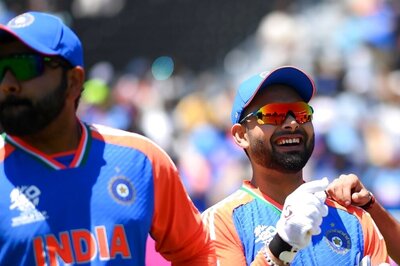
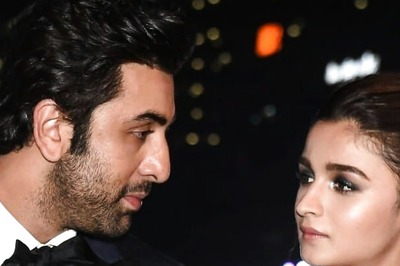



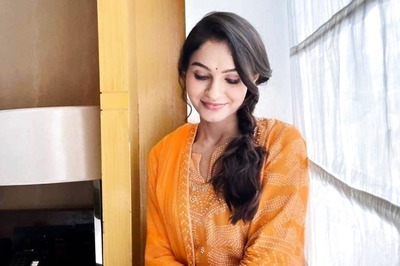

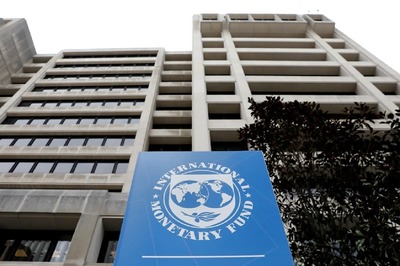
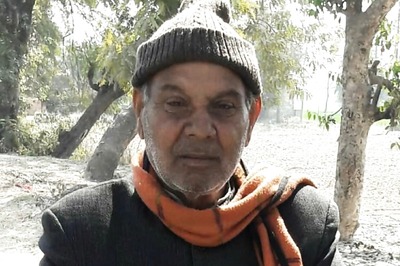
Comments
0 comment